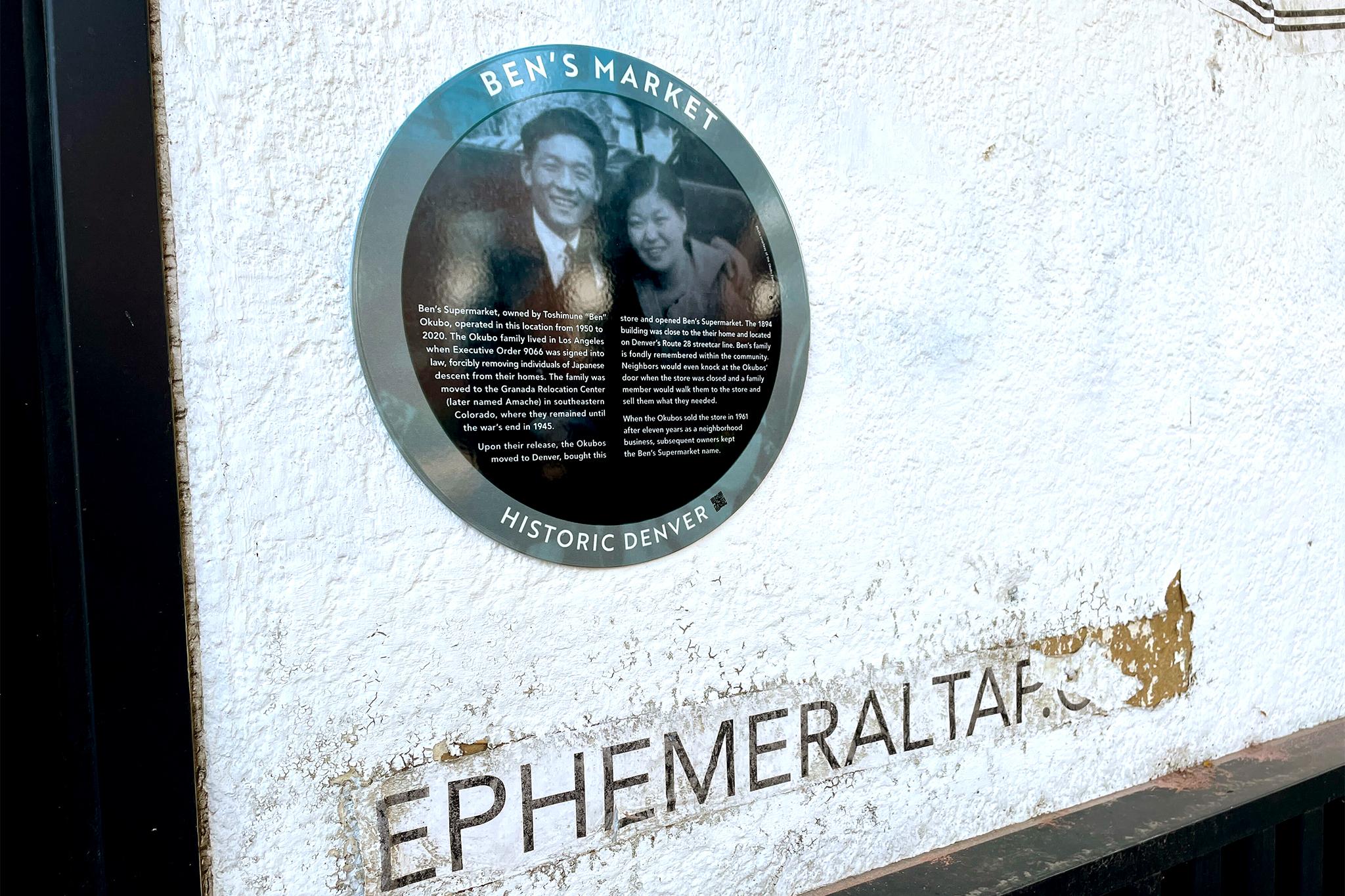The Denver Police Department will soon collect more data about the race, age and sex of people who are stopped by officers, according to deputy chief Matt Murray.
Denver Auditor Tim O'Brien recommended this step back in January 2016 as a way to better measure and guard against racial profiling. Chief Robert White initially refused before agreeing in August of that year. O'Brien criticized the department Thursday for not yet implementing the program more than a year later, but Murray said the department is making progress.
Under the new system, police will make a record of the demographic information of every person that they stop on the streets and sidewalks, Murray told Denverite.
Currently, officers only collect that information if they ticket or arrest someone, and in some other cases. "What people around the country and in Denver are asking for is more than that," he said.
The auditor's report suggested that officers always record the birthday, gender and race of people they stop. The auditor also suggested that officers record the reason they stopped the person and the outcome. That kind of data could show whether an officer was, for example, pulling over a higher number of black drivers without citing them for any infraction.
"The instrument we’re developing has all of those and many more items that we are going to collect," Murray said of the auditor's request.
Denver did collect this kind of data from 2001 to 2003
It was required by state law at the time. An analysis by the auditor's office found that black people made up 37 percent of all pedestrian stops in that time, despite being only about 11 percent of the population.
The auditor's analysis was "inconclusive," because it also considered questions such as whether black people make up a larger portion of pedestrians.
The department hasn't yet decided how it will collect the data this time, Murray said, but it has signed up the nonprofit Center for Policing Equity to work on the project. CPE is working with cities including Pittsburgh, Austin and Berkeley, and it recently got funding from Google. In 2016, CPE published a study that found police were more likely to use force against black people.
Denver could start sending data to CPE in a matter of weeks, but won't get any analysis back for a year or so, Murray said. CPE's work will not cost Denver anything.
"They issue a report and talk about disparate treatment. It’s extremely comprehensive," Murray said. "I think that the community will be more than satisfied with the kinds of data and the analysis that would go into this."
Police will not collect data when the interaction isn't started by the officer -- for example, when someone on the 16th Street Mall asks for directions.
Originally, police leadership rejected the suggestion.
The department said at the time that collecting information in all officer-initiated actions "is intrusive and may turn positive police contacts into negative interactions." The department also said that it would "not support an efficient use of resources" and would require more money.
Officers "make hundreds of thousands of proactive contacts that may or may not result in enforcement action," the department's response noted in 2016, specifically noting that officers would have to get information about the "positive youth contacts," it's pursuing.
That stance appears to have changed over the course of a year and a half that has included plenty of community discussion, but Murray still has concerns.
"What we don’t want to do is create a situation where our officers are so busy doing contact cards that they don’t have time to respond to calls," Murray said.
The auditor's office and the police department have a pretty contentious relationship.
The auditor's office called out DPD in a press release Thursday, titling it, "Denver Police Refuse to Implement Audit Recommendations to Avoid Racial Profiling."
The release dinged DPD for not collecting the data mentioned above, although DPD never actually agreed to collect it.
The auditor's follow-up also pointed out that DPD has not implemented a survey called the Community Policing-Self Assessment Tool, which is a nationally used survey of police staff that tries to assess whether they're forming good community partnerships, among other questions.
Murray said the department did follow the original recommendation to "reach out" and research the survey. The department decided that it didn't want to risk "survey fatigue." Its timing would have put it in competition with a different survey of city staff, he said.
"The auditor is obviously misinformed. Hopefully he’ll get the rest of the information he needs. We are in total compliance with all of the audit," Murray said.
O'Brien's office said, basically, that they'll believe it when they see it.
"If DPD has plans to implement the recommendations from the audit, we support that. However our reports work with facts and until there is documentation and data showing these efforts there is no way to hold the department accountable to their policies," wrote spokesperson Tayler Overschmidt.
In a news release, O'Brien said he is pushing for changes that could make local policing more effective and engaged.
“It’s important for Denver Police policies to protect and serve all people equally,” he said. “There is no way to tell if officers are stopping people without bias regarding race, gender or age if officers choose not to document demographic data.”
If you want to stay updated, subscribe to our newsletter. If you have comments or more information, email me.













